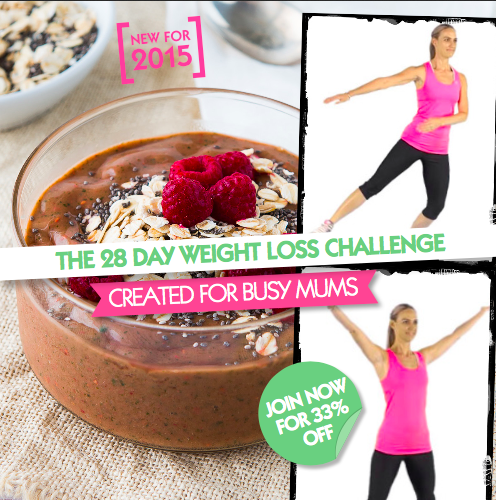
But most soft drinks have one thing in common – they tend to contain sweeteners or sugar and something called phosphorus.
And even though we think the Diet Coke is no calories it is full of artificial sweetener which sends a message to the brain that food is coming and when it doesn’t we end up craving more food – so not so good for weight loss after all. You can read more about the negative impact artificial sweeteners has on our body here.
Then there is the caffeine (bad for breastfeeding mums) and the phosphorus which is bad for our bones.The phosphorus in soft drinks has long been linked with lowered calcium levels. Low calcium levels can cause your bones to weaken, which in turn can cause osteoporosis and can increase your risk of bone breakages.
However, research into whether or not phosphorus really does cause your calcium levels to be lowered has been largely inconclusive. The sugar or sweetener levels in your soft drinks are much more likely to interfere with your calcium levels.
Your calcium levels are also likely to be lowered if you replace calcium rich drinks and replace with soft drinks, which many of us do. Drinks such as milk and other calcium enriched beverages are often less sweet and appetising than our favourite soft drinks and so this can cause us to abandon drinks rich in calcium in favour of these sweeter drinks. If you drink lots of carbonated drinks, try to limit your intake of them and increase your intake of calcium rich beverages. Instead try a herbal tea which is healthy and good for you – you can see our tips on the best ones to have here
Why is calcium important?
Calcium is vital for pregnant women, young women and nursing mums. When pregnant, your body needs extra calcium to build your baby’s heart and nervous system and to ensure that your baby’s heart rhythm is normal. If you don’t take in extra calcium during pregnancy, your body will take it from your diet and the calcium already present in your body, which can weaken your bones. Your baby will also take in calcium from you when breastfeeding, so it is vital that you keep taking in extra calcium whilst nursing.

You should aim to have four portions of calcium rich foods daily – foods such as milk, ricotta, yoghurt, sardines, calcium-enriched orange juice, tofu, salmon, most types of cheese, spinach, cottage cheese, sesame seeds and raw almonds are all rich in calcium and are a great way to improve your bone health. If you do not include these foods in your diet and are worried about your calcium intake, it may be a good idea to see your doctor about taking a calcium supplement.
If you are thinking about a calcium supplement, remember to always follow the intake instructions on the packaging and where possible, seek the advice of your doctor. Too much calcium can increase your risk of kidney stones, can cause you to become constipated and can also hinder your ability to absorb zinc and iron from your diet, so you need to be careful to only take in the calcium that you need.
If you are worried about your calcium levels in your diet you can always try our 28 Day Breastfeeding Friendly Diet & Exercise Plan which is packed full of calcium rich foods and recipes or our 28 Day online Challenges which is jammed full of health and calcium rich foods
If you are ready to lose weight then the Lose Baby Weight plans offer a healthy and safe exercise and diet routine and you can get a 10% discount by using code LOYALTY at the checkout.
